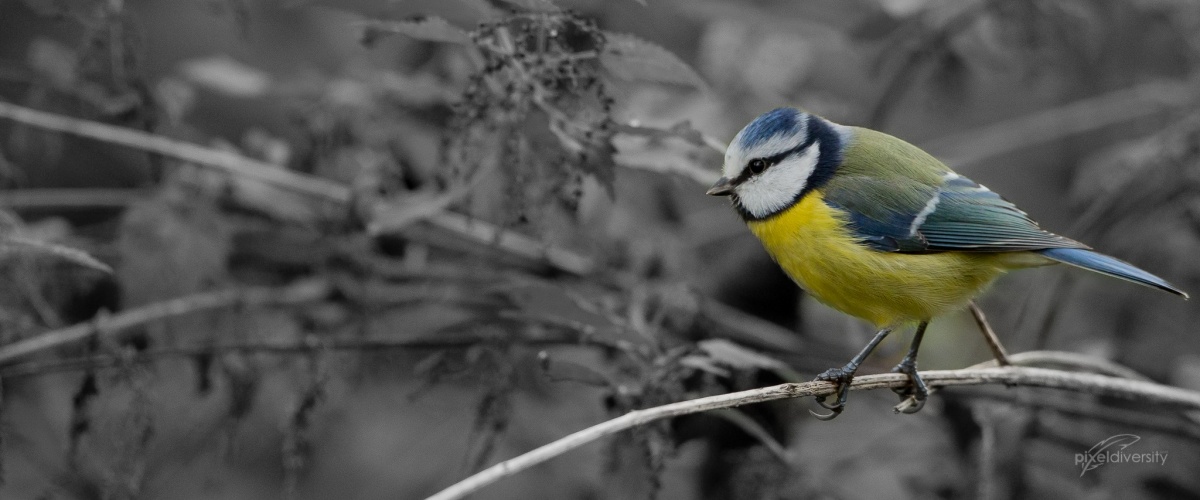WG Birds as Peacemakers (WGBP)
The Working Birds as Peacemaker (WGBP) of the International Ornithologists Union (IOU) arose from a discussion taken by peace leaders and ornithologist scientists about birds’ role in promoting cohabitation and cooperation between people and as an environmentally friendly means to fight against pests.
 Promoting stability in the scientific names of birds, in accord with the International Code of Zoological Nomenclature
Promoting stability in the scientific names of birds, in accord with the International Code of Zoological Nomenclature
The Birds as peace-makers WG was formed in a global context marked by the intensification of war conflicts and the rise of extremism. The WG provides a learning circle and an exchange platform to facilitate supportive, reflective, problem-solving conversations with scientists, politicians wildlife conservation probationers who aspire to promote cultures of peace in their communities, universities, and other educational settings by increasing strategic communication about peace using birds for cohabitation and dialog.
The Goals of the WGBP:
- Examining existing experience using biodiversity and more particularly birds as peace-makers and peace-based methods for coexistence and nature-based solutions.
- Soliciting and describing stakeholder perceptions of ethical, political, or environmental challenges encountered in their communities with at-risk and discussing how birds can be promoted as cohabitation vectors to mitigate conflicts
- Utilize findings and experiences to develop wildlife-based approaches to address the identified ethical, political, or environmental challenges described by key stakeholders for promoting peace and coexistence.
Voices in the News:
- Siegel-Itzkovich, J. 2022. Friendly wings: Small bird, large impact. Barn Owls foster peace. The Jerusalem Post, 7 July 2022. For the full online version, see https://www.jpost.com/environment-and-climate-change/article-711432
Current Committee Members:
Chair: Pr. S. Imad Cherkaoui (University of Ibn Tofail - Morocco)
Email: imad.cherkaoui@uit.ac.ma
Pr. Yossi Leshem (University of Tel-Aviv - Israel)
E-mail: yossile@tauex.tau.ac.il
Pr. Alexandre Roulin (University of Lausanne – Switzerland)
E-mail: Alexandre.Roulin@unil.ch
Interested Individuals may contact imad.cherkaoui@uit.ac.ma

